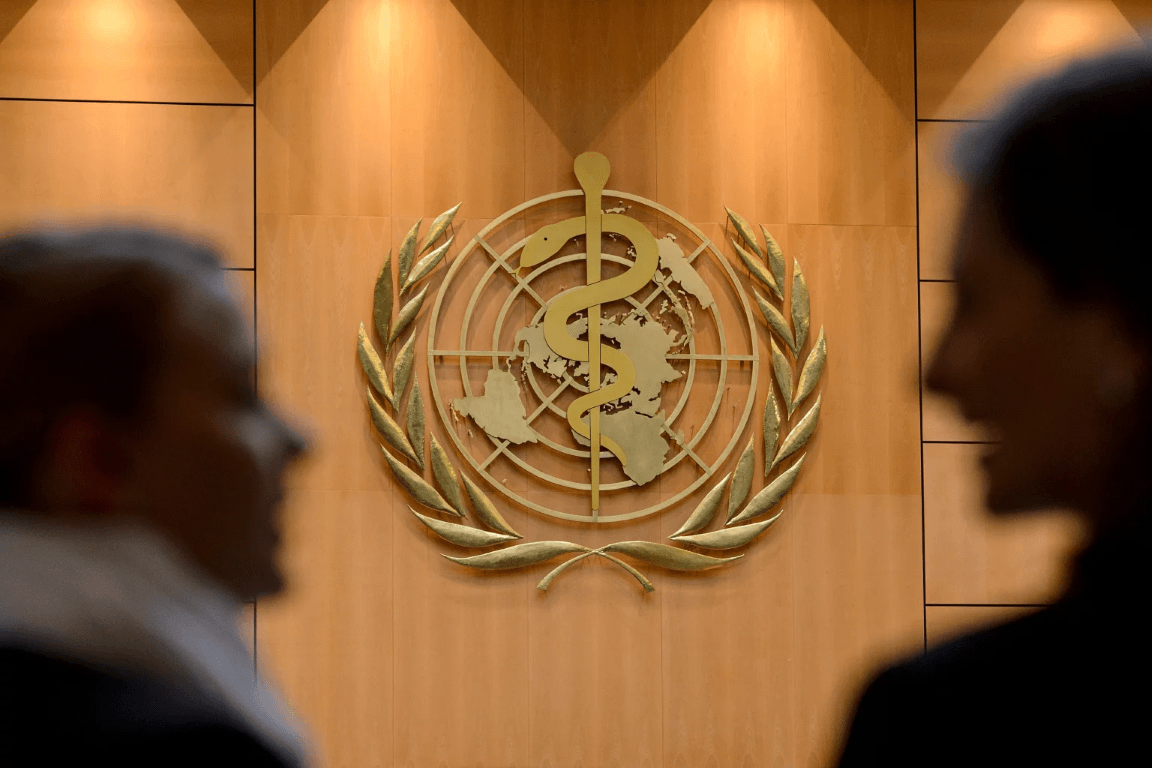1/3 of UN workers sexually harassed: Survey
January 18, 2019 | Expert Insights

Based on a recent report published by the United Nations, one-third of U.N. staff and contractors have experienced sexual harassment in the past two years.
Background
The United Nations is an international organisation founded in 1945. It is currently made up of 193 Member States. The mission and work of the United Nations are guided by the purposes and principles contained in its founding Charter. Due to the powers vested in its Charter and its unique international character, the United Nations can take action on the issues confronting humanity in the 21st century, such as peace and security, climate change, sustainable development, human rights, terrorism, humanitarian and health emergencies, gender equality, and more.
Sexual harassment is an unwelcome sexual advance, request for sexual favour, verbal or physical conduct or gesture of a sexual nature, or any other behaviour of a sexual nature. These acts are reasonably expected or perceived to cause offence or humiliation to another, when such conduct interferes with work or creates an intimidating, hostile or offensive work environment.
The United Nations Entity for Gender Equality and the Empowerment of Women section or the UN women website reveals that there is a clear Anti-harassment policy in place in the UN. This policy highlights the “Prohibition of discrimination, harassment, including sexual harassment, and abuse of authority.”
Analysis
A recent UN report revealed that one in three UN workers had been sexually harassed in the past two years. The survey was carried out by Deloitte, and more than half of those who experienced sexual harassment at the UN say it happened in an office environment. Figures show that while another 17.1 per cent say it took place at a work-related social event.
The report also said that more than a fifth, i.e., 21.7 per cent said they were told inappropriate sexual stories or jokes at the work environment. Another 14.2 per cent received offensive comments about their appearance, body or sexual activities, and 13 per cent have had colleagues try to draw them into sexual discussions that have made them feel uncomfortable.
In addition, 10.9 per cent were subjected to sexual gestures or use of body language that offended or embarrassed them. Around 10.1 per cent of people who responded were touched inappropriately. The report also revealed that only one in three people said they took action after experiencing sexual harassment. The survey was conducted in the form of a confidential online questionnaire. However, just 17 per cent, a total of 30,364 people from the UN and its agencies answered the survey.
UN Secretary-General Antonio Guterres said, “This tells me two things: first, that we still have a long way to go before we are able to fully and openly discuss sexual harassment; and second, that there may also be an ongoing sense of mistrust, perceptions of inaction and lack of accountability.” He also said that they have now collected “some sobering statistics and evidence of what needs to change to make a harassment-free workplace real for all of us”.
This report was published just before the head of the UN agency for HIV and Aids is also stepping down in June, six months before his term ends, after an independent panel said that his “defective leadership” tolerated “a culture of harassment, including sexual harassment, bullying, and abuse of power.”
The Secretary-General has also vowed to enforce a zero-tolerance sexual harassment policy, and the UN launched a 24-hour helpline last February to facilitate reporting. However, the organisation has been enduring many sexual harassment cases. The task force was formed in response to the #MeToo movement, which found vocal supporters among the UN's ranks.
Men, too, have criticised the UN's handling of harassment cases. They claim that despite its objectives and policies the organisation cares more about protecting itself from criticism than justice for victims.
In December 2018, Kingston Rhodes, UN undersecretary-general and chairman of the International Civil Service Commission, resigned just two weeks before his term ended as allegations piled up that he had "created a hostile and 'unhealthy' environment for women who rejected his sexual advances."
Assessment
Our assessment is that any form and, in any location, or work environment sexual harassment is completely unacceptable. We feel that immediate and effective actions must be taken against harassers and harsher measures must be implemented to prevent future cases. We emphasise that implementing a zero-tolerance is of great importance in any organisation and workplace. It is disheartening to see that an organisation that has stood for maintaining human rights faces the same.








Comments